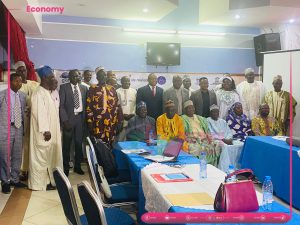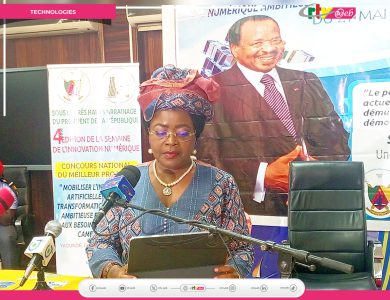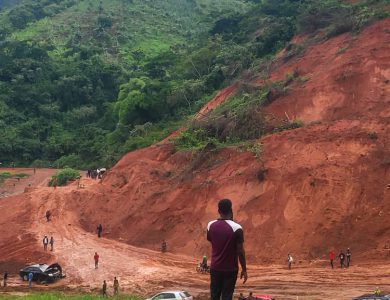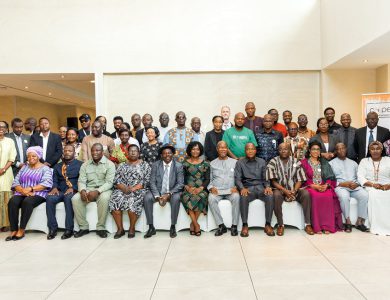
It was launched during a national workshop for the Implementation of the platform this Thursday September 5, 2024.
The Director of the Department of Regional and Border Areas Development (DATMZF) at the Ministry of Economy, Planning, and Regional Development (MINEPAT), Guy Debok Nghemning, chaired the session.
The NB-ITTAS project spans 11 countries, including Benin, Burkina Faso, Cameroon, Côte d’Ivoire, Guinea, Mali, Niger, Nigeria, Chad, Algeria, and Mauritania. Its aim is to enhance the management, governance, and conservation of resources based on knowledge of the Niger Basin and associated aquifer systems.
Key Expected Outcomes
1. Enhanced Governance: Improved understanding of groundwater resources and their connections to surface water.
2. Stakeholder Engagement: Involvement of Niger Basin user associations and NGOs in resource management and conservation.
3. Systematic Approach: A structured method to mitigate environmental issues, including pollution and biodiversity loss.
4. Policy Development: Strengthening policies for the sustainable management of the Niger River ecosystem.
Global Objective
To establish a national platform for the transboundary ecosystem of the Sena Oura/Bouba Ndjida complex in Cameroon.
Specific Objectives
– Facilitate discussions among various stakeholder categories to designate their representatives.
– Set up the different organs of the national platform for managing the Sena Oura/Bouba Ndjida transboundary complex.
Methodology
The workshop will employ a participatory approach tailored to specific objectives. Representatives from different stakeholder categories will be selected to serve on the platform, guided by previous discussions involving key regional and national actors. Participants will include sub-regional, national, and local organizations, as well as community structures involved in the governance of the Sena Oura/Bouba Ndjida transboundary ecosystem.
This initiative aims to foster cooperation and enhance capacities to address current challenges in the management of transboundary ecosystems, ultimately promoting sustainable development in the region.
Che Tembuck









